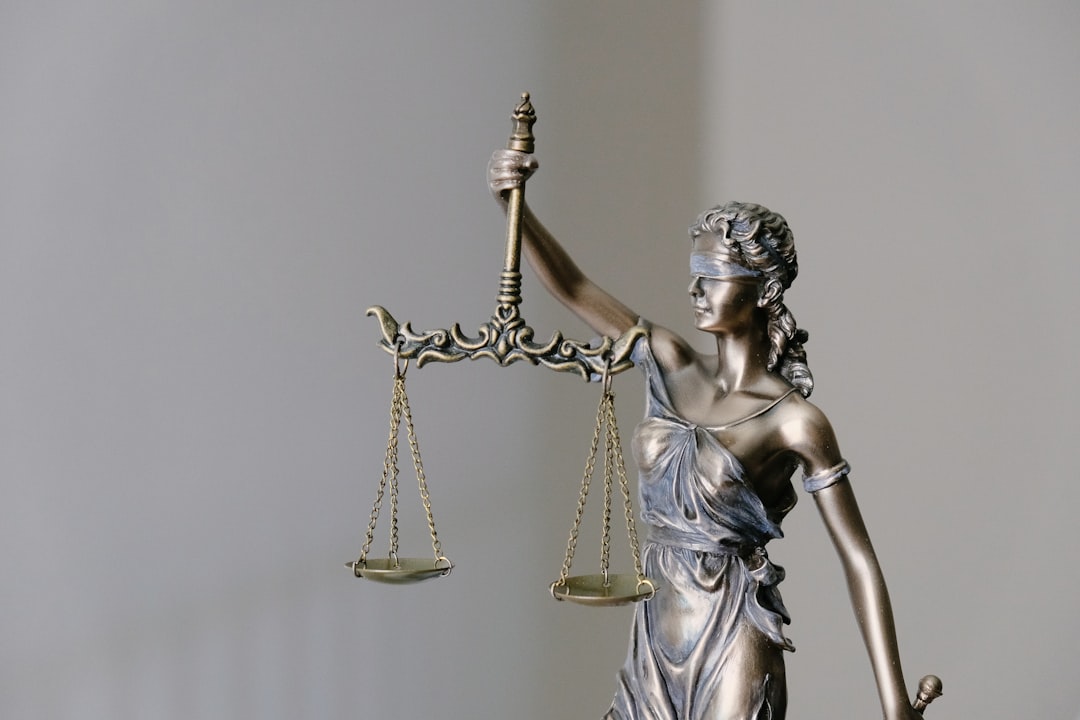Jersey City, New Jersey, offers robust protections for sexual assault victims through stringent laws, specialized police units, and a supportive system. A rape attorney in Jersey City NJ is crucial for guiding survivors through the legal process, advocating for their rights, and ensuring comprehensive support from law enforcement. This collaborative approach, involving dedicated professionals, aims to deliver justice while providing essential care for victims of sexual assault.
In Jersey City, New Jersey, addressing sexual assault is a multifaceted endeavor, with the Jersey City Police Department (JCPD) playing a pivotal role. This article delves into the city’s approach to these sensitive investigations, from understanding local laws and protocols to the step-by-step process involved. We explore victims’ rights and available support while also shedding light on common challenges and misconceptions often discussed by rape attorneys in Jersey City, NJ. Key insights for both residents and visitors are provided to ensure awareness and empowerment.
Understanding Jersey City's Sexual Assault Laws and Protocols

In Jersey City, New Jersey, sexual assault is taken extremely seriously. The city’s laws regarding sexual violence are comprehensive and designed to protect victims while holding perpetrators accountable. The local police department follows strict protocols in handling sexual assault investigations, ensuring a thorough and sensitive approach. These protocols include immediate response units, evidence collection procedures, and a dedicated support system for survivors.
Understanding the legal framework is crucial for anyone seeking justice or support. Jersey City has established clear guidelines for prosecution, including stringent standards of proof and protective measures for victims. A rape attorney in Jersey City NJ can provide invaluable assistance to those affected by sexual assault, guiding them through the legal process, advocating for their rights, and ensuring they receive the necessary support from law enforcement.
The Role of the Jersey City Police Department in Investigations

The Jersey City Police Department plays a pivotal role in handling sexual assault investigations within the city limits. Their trained officers are equipped to respond to reports of sexual violence, providing immediate support and collecting crucial evidence. With dedicated units specializing in these cases, the department ensures a sensitive and thorough investigation process.
In such delicate matters, a rape attorney Jersey City NJ can offer specialized legal counsel. These attorneys collaborate closely with the police to navigate complex legal procedures, advocate for victims’ rights, and ensure justice is served. The partnership between the police and legal professionals creates a robust support system for survivors, aiming to bring perpetrators to account while offering comprehensive assistance throughout the investigation and potential trial.
Steps Involved in a Sexual Assault Investigation Process

In Jersey City, New Jersey, sexual assault investigations are taken seriously and followed through a structured process to ensure justice. The initial steps involve a thorough report from the victim or witness, followed by a swift response from law enforcement. A dedicated team of officers is responsible for gathering evidence, including conducting interviews, collecting physical proof, and securing any digital or medical records that may be relevant.
The investigation then delves into identifying potential witnesses, reviewing surveillance footage (if available), and analyzing forensic evidence through partnerships with local labs. A crucial aspect is the victim’s support, provided by specialized units who offer guidance and resources to help them navigate the legal process. This meticulous approach, combined with the expertise of a rape attorney in Jersey City NJ, aims to increase the chances of a successful prosecution while offering victims the care they deserve.
Legal Rights for Victims and Support Resources Available

In the event of a sexual assault, it’s crucial for victims in Jersey City to be aware of their legal rights and the support resources available to them. According to New Jersey law, victims have the right to be treated with dignity and respect throughout the investigation process. They are entitled to confidential medical and counseling services, as well as protection from retaliation or further harm. A rape attorney in Jersey City, NJ, can guide victims through this challenging time, ensuring their rights are protected and helping them navigate the legal system effectively.
Support resources include local advocacy groups, crisis hotlines, and specialized law enforcement units dedicated to sexual assault cases. These services provide emotional support, legal advice, and practical assistance to help victims recover and rebuild their lives. Understanding these rights and resources empowers survivors of sexual assault to take control and seek justice in their unique circumstances.
Common Challenges and Misconceptions: What a Rape Attorney Might Highlight

In addressing sexual assault cases, the Jersey City Police Department faces a multitude of challenges, common across urban areas with high populations. One significant hurdle is the often-delicate task of gathering evidence and interviewing victims—a process that requires extreme sensitivity and expertise to avoid retraumatization. Furthermore, navigating complex legal procedures, especially when dealing with sensitive topics like rape, can be daunting for both law enforcement and victims alike. Many myths and misconceptions surround sexual assault cases, which a rape attorney in Jersey City, NJ, would likely address. For instance, it’s not uncommon for survivors to experience self-doubt or fear, questioning their memories or the validity of their experiences—a reality that necessitates thorough, empathetic investigations by trained professionals.
Another misconception revolves around blame, with some assuming that victims bear responsibility for their assault. A rape attorney would emphasize that such attributions are inaccurate and harmful, as sexual assault is never the victim’s fault. This understanding is crucial in ensuring survivors feel supported and encouraged to come forward without fear of judgment or recrimination. By dispelng these myths and providing accurate information, legal professionals can assist victims in their healing process while advocating for justice within the system.





